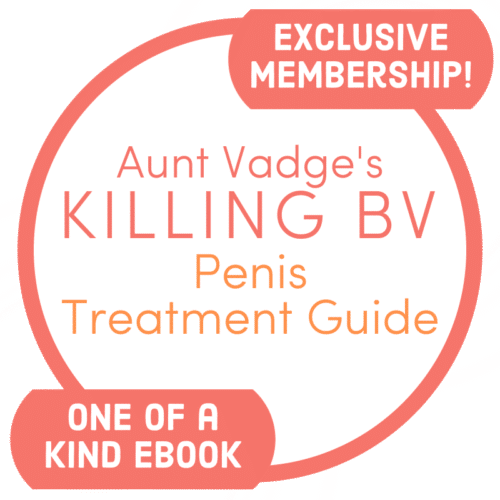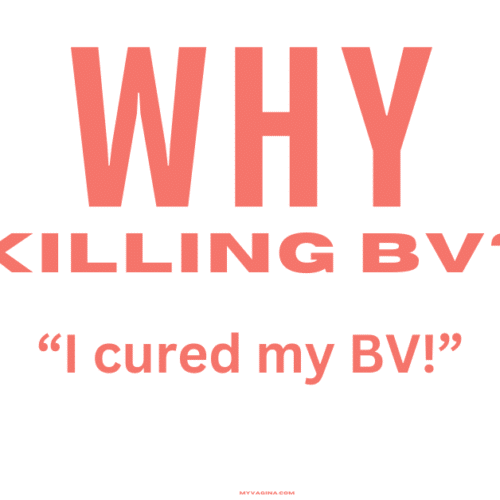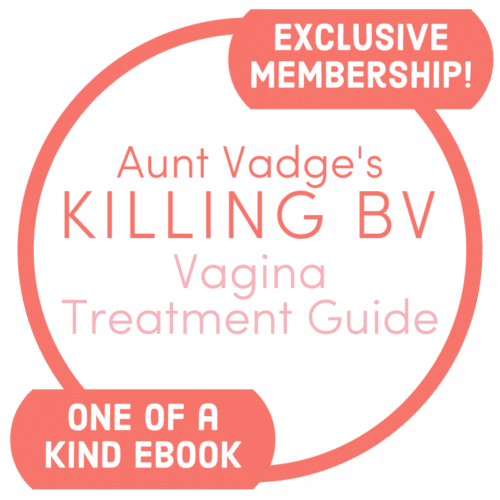-
×
 Killing BV System: Penis Treatment Guide and Membership
1 × USD $0.00
Killing BV System: Penis Treatment Guide and Membership
1 × USD $0.00
Chlamydia
Chlamydia is an easily cured sexually transmitted infection (STI) caused by the bacteria Chlamydia trachomatis, a gram-negative aerobic bacteria. This STI is, in STI terms, more like having a cold – it is easily treatable but very infectious.1,2
Left to its own devices, chlamydia can wreak havoc on your reproductive system and compromise the ability to become or stay pregnant by causing scarring inside reproductive organs.3
Chlamydia is treated with antibiotics, so if you know someone who has it, and you’ve been fooling around with them, get tested and get treated. You cannot home remedy chlamydia away.
Symptoms of chlamydia in women:
- Vaginal discharge – may smell
- Unusual bleeding between periods (or spotting) (metrorrhagia)
- Painful periods (dysmenorrhoea)
- Pelvic or abdominal pain
- Fever
- Pain during sex (dyspareunia)
- Itchy vagina or vulva
- Burning vagina or vulva
- Pain on urination (dysuria)
- Cloudy urine
Symptoms of chlamydia in men:
- Discharge from the penis
- Pain on urination
- Penile itching or burning (at opening)
- Swelling and pain in testicles
Treating chlamydia
Testing is done by swab, then sent to the lab.4 A urine sample may also be taken. The usual treatment for chlamydia is by antibiotics – azithromycin (Zithromax) or doxycycline.5
Partners MUST be treated too, or you immediately catch it back.6 Get retested if necessary. Do not have any sex until the infection is completely cleared up and you both have the all-clear.7
Treatment kills the bacteria and within weeks, your infection will clear up. Finish all the antibiotics to avoid creating superbugs. Make sure to repopulate your good bacteria with probiotics and lots of fermented foods.8
Lymphogranuloma venereum is another STI caused by a strain of the chlamydia bacteria, but causes different symptoms.
References
- 1.Li C, Ong J, Tang W, Wang C. Editorial: Chlamydia trachomatis infection: Epidemiology, prevention, clinical, and basic science research. Front Public Health. Published online March 7, 2023. doi:10.3389/fpubh.2023.1167690
- 2.Rodrigues R, Sousa C, Vale N. Chlamydia trachomatis as a Current Health Problem: Challenges and Opportunities. Diagnostics. Published online July 25, 2022:1795. doi:10.3390/diagnostics12081795
- 3.Goller JL, Coombe J, Temple-Smith M, et al. Management of Chlamydia Cases in Australia (MoCCA): protocol for a non-randomised implementation and feasibility trial. BMJ Open. Published online December 2022:e067488. doi:10.1136/bmjopen-2022-067488
- 4.Lorimer K, Hart GJ. Knowledge of Chlamydia trachomatis among men and women approached to participate in community-based screening, Scotland, UK. BMC Public Health. Published online December 2010. doi:10.1186/1471-2458-10-794
- 5.Rodrigues R, Marques L, Vieira-Baptista P, Sousa C, Vale N. Therapeutic Options for Chlamydia trachomatis Infection: Present and Future. Antibiotics. Published online November 16, 2022:1634. doi:10.3390/antibiotics11111634
- 6.Hocking JS, Vodstrcil LA, Huston WM, et al. A cohort study of Chlamydia trachomatis treatment failure in women: a study protocol. BMC Infect Dis. Published online August 17, 2013. doi:10.1186/1471-2334-13-379
- 7.Munari SC, Goller JL, Hellard ME, Hocking JS. Chlamydia prevention and management in Australia: reducing the burden of disease. Medical Journal of Australia. Published online November 6, 2022:499-501. doi:10.5694/mja2.51749
- 8.Parolin C, Frisco G, Foschi C, et al. Lactobacillus crispatus BC5 Interferes With Chlamydia trachomatis Infectivity Through Integrin Modulation in Cervical Cells. Front Microbiol. Published online November 6, 2018. doi:10.3389/fmicb.2018.02630
REVAMPED!
USD $0.00 ex GST/VAT/TAX
USD $0.00 ex GST/VAT/TAX




